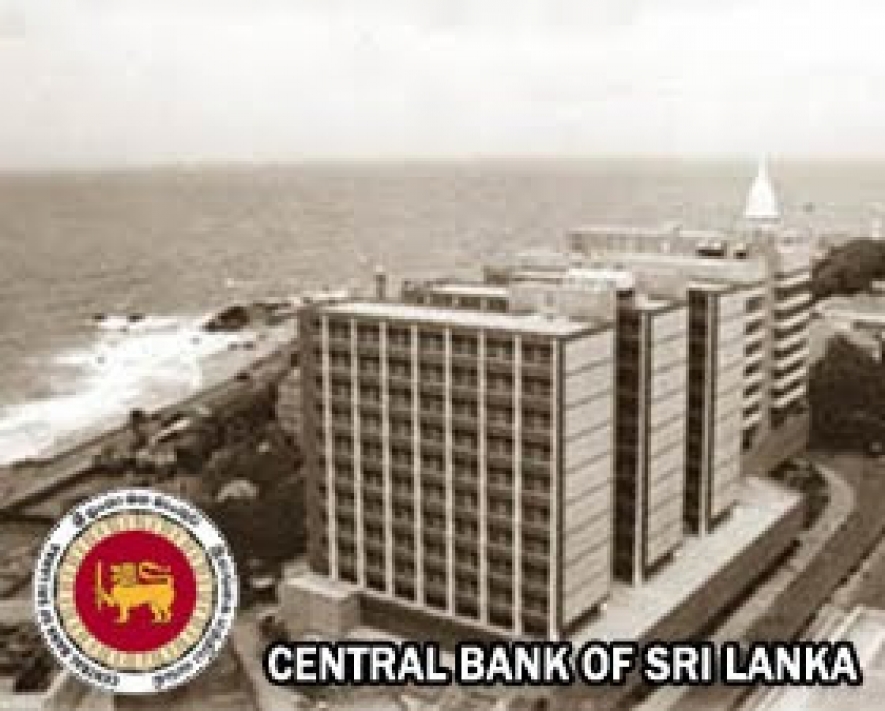In its judgment, the Supreme Court stated that the investment in Greece Bonds and its trade formed a part of the risk management strategy of the Central Bank and that if all investments were to be maintained as risk free investments, the return would be negligible. The Central Bank therefore had to select a mix of low risk and risk bearing investments, expecting a reasonably high return. The Court further stated: “We must not forget that in complex economic policy matters, every decision is necessarily empiric and therefore its validity cannot be tested on any rigid formula or strict consideration. The Court while adjudicating the constitutional validity of the decision of the Governor or Members of the Monetary Board must grant a certain measure of freedom considering the complexity of the economic activities. The Court cannot strike down a decision merely because it feels another policy decision would have been fairer or wiser or more scientific or logical. The Court is not expected to express its opinion as to whether at a particular point of time or in a particular situation any such decision should have been adopted or not. It is best left to the discretion of the authority concerned.”
The Supreme Court Bench presided by Justice K Sripavan, and comprising Justice R Marasinghe, and Justice Sarath de Abrew, unanimously concluded that: “Considering the totality of the circumstances, it is neither possible nor desirable to hold that the Members of the Monetary Board in taking a decision to invest in Greece Bonds, have acted arbitrarily, unreasonably and in a fraudulent manner.”
Upul Jayasuriya and S H A Mohamed, Attorneys-at-Law, instructed by Paul Ratnayake Associates appeared for the Petitioner, while Sanjay Rajaratnam, Deputy Solicitor General and Mrs S Barrie, Senior State Counsel appeared for the Respondents.



















